Multi-Sensory Structured Learning (MSL)
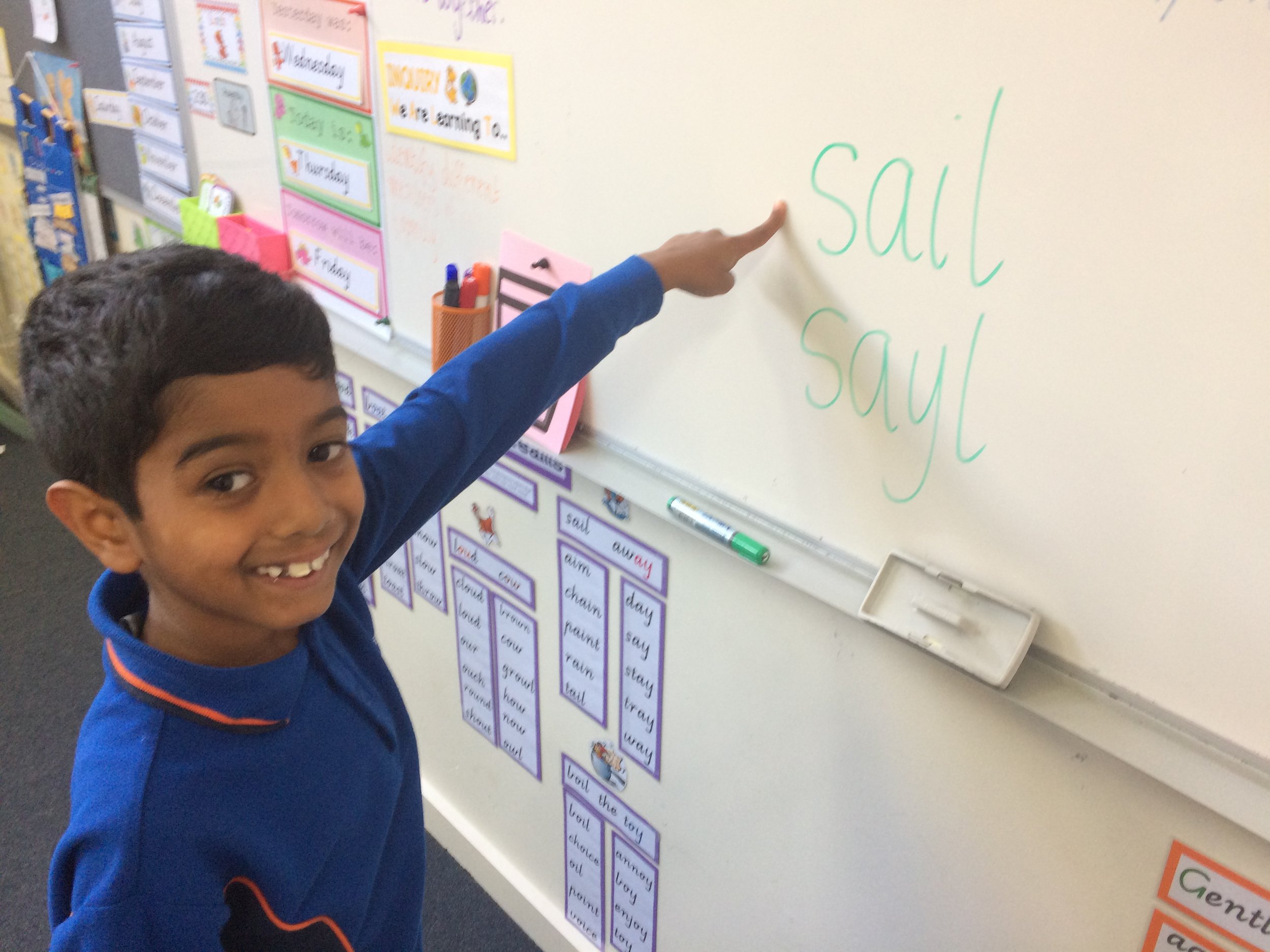
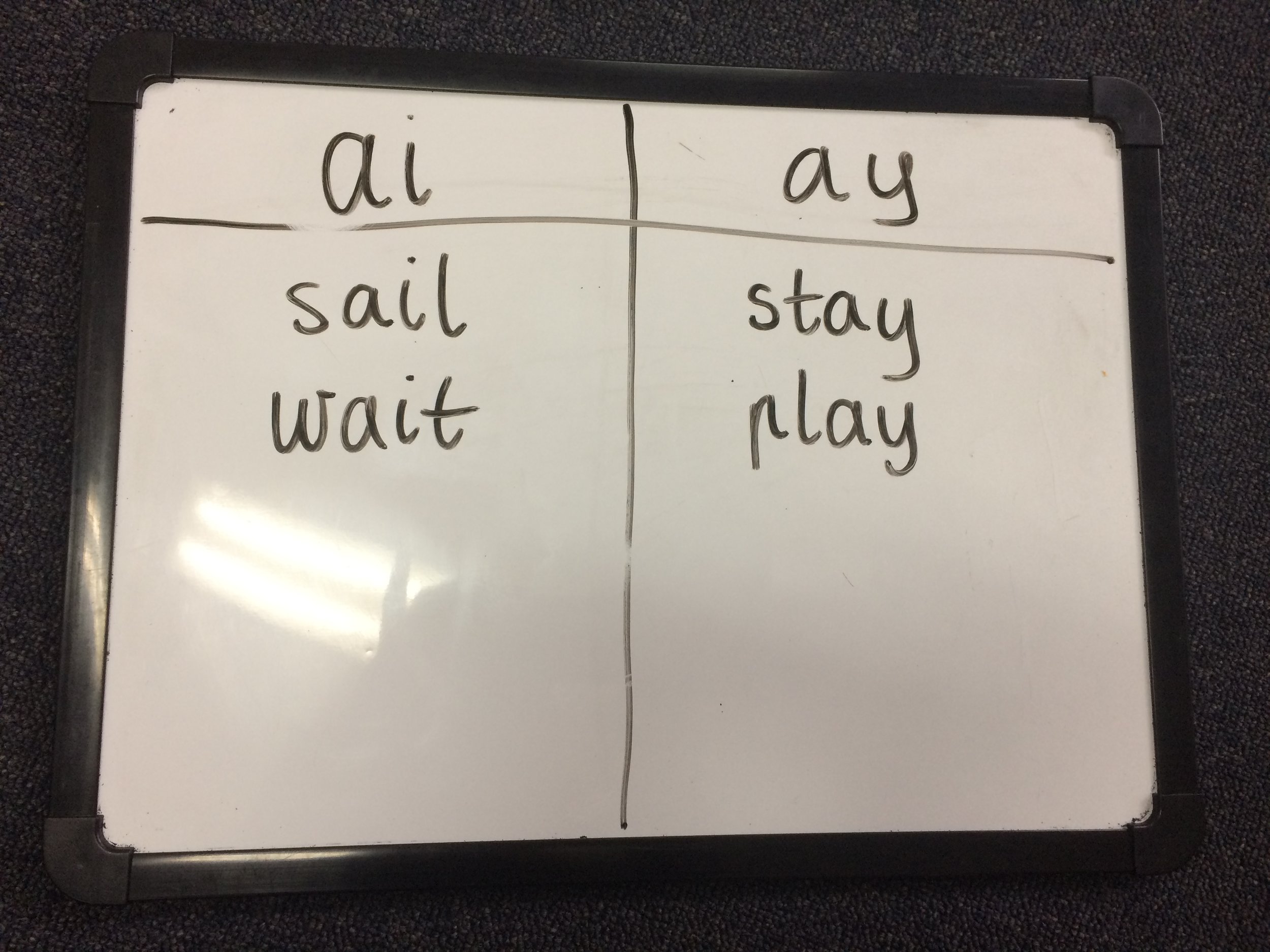


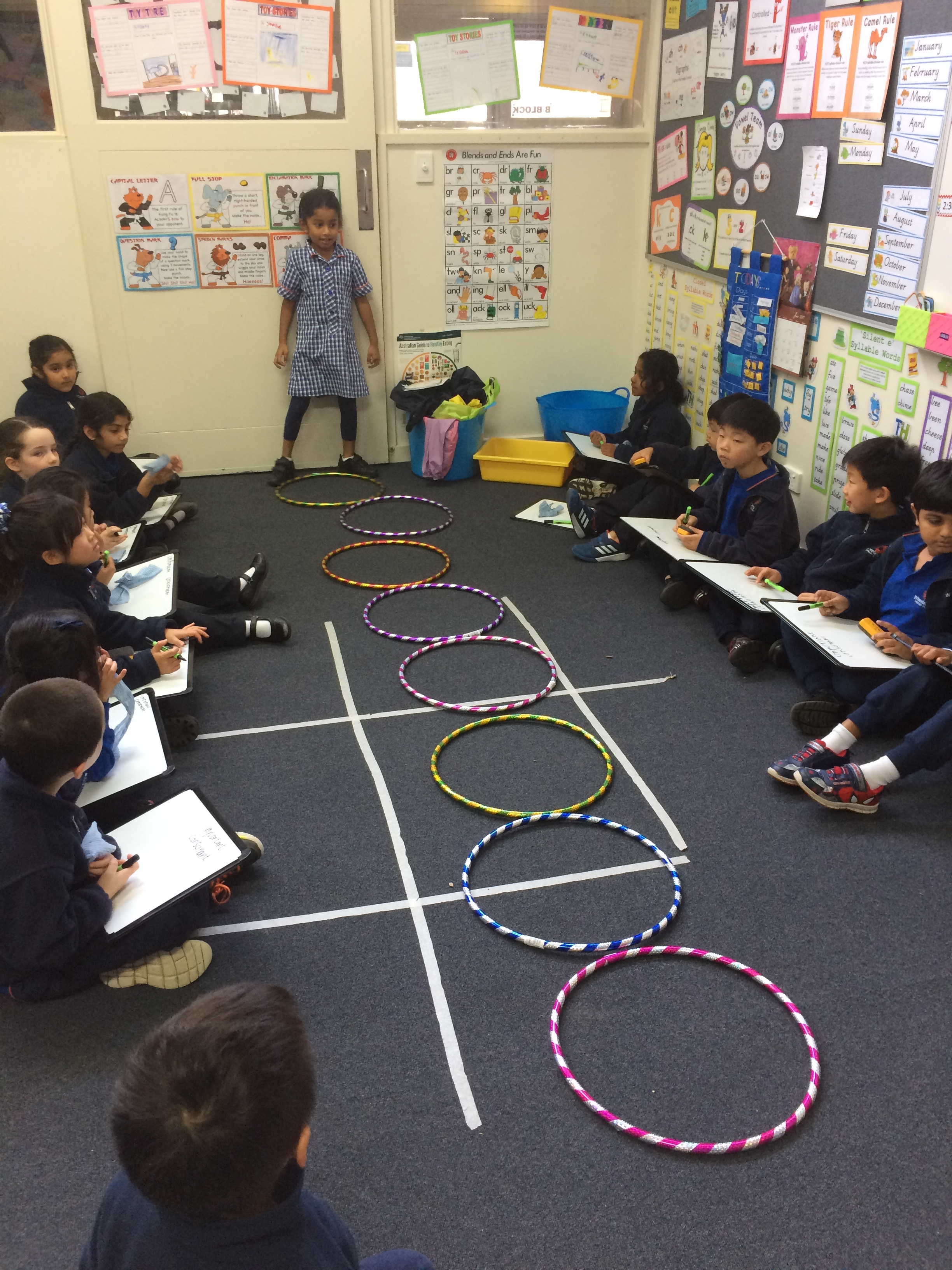
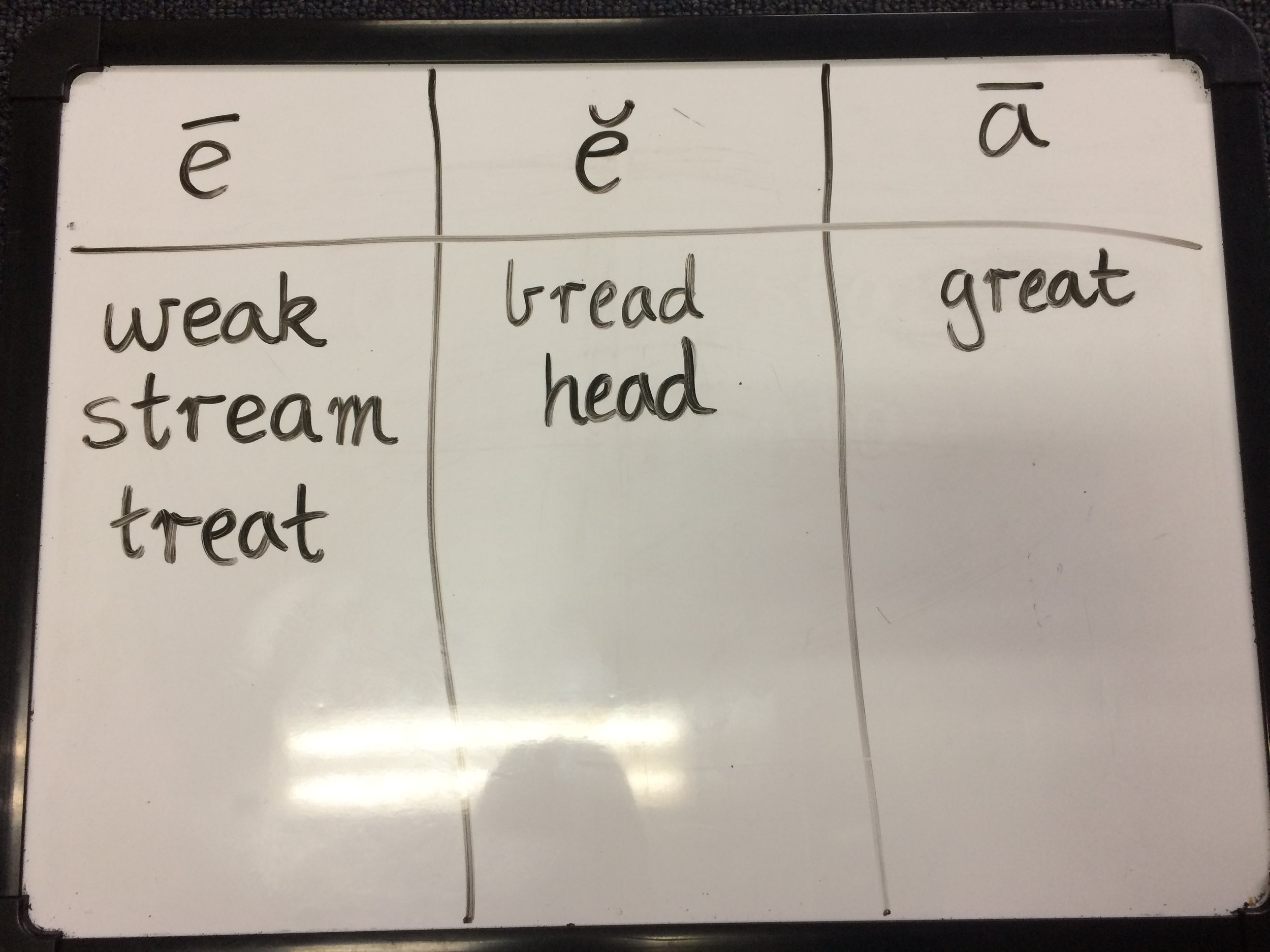
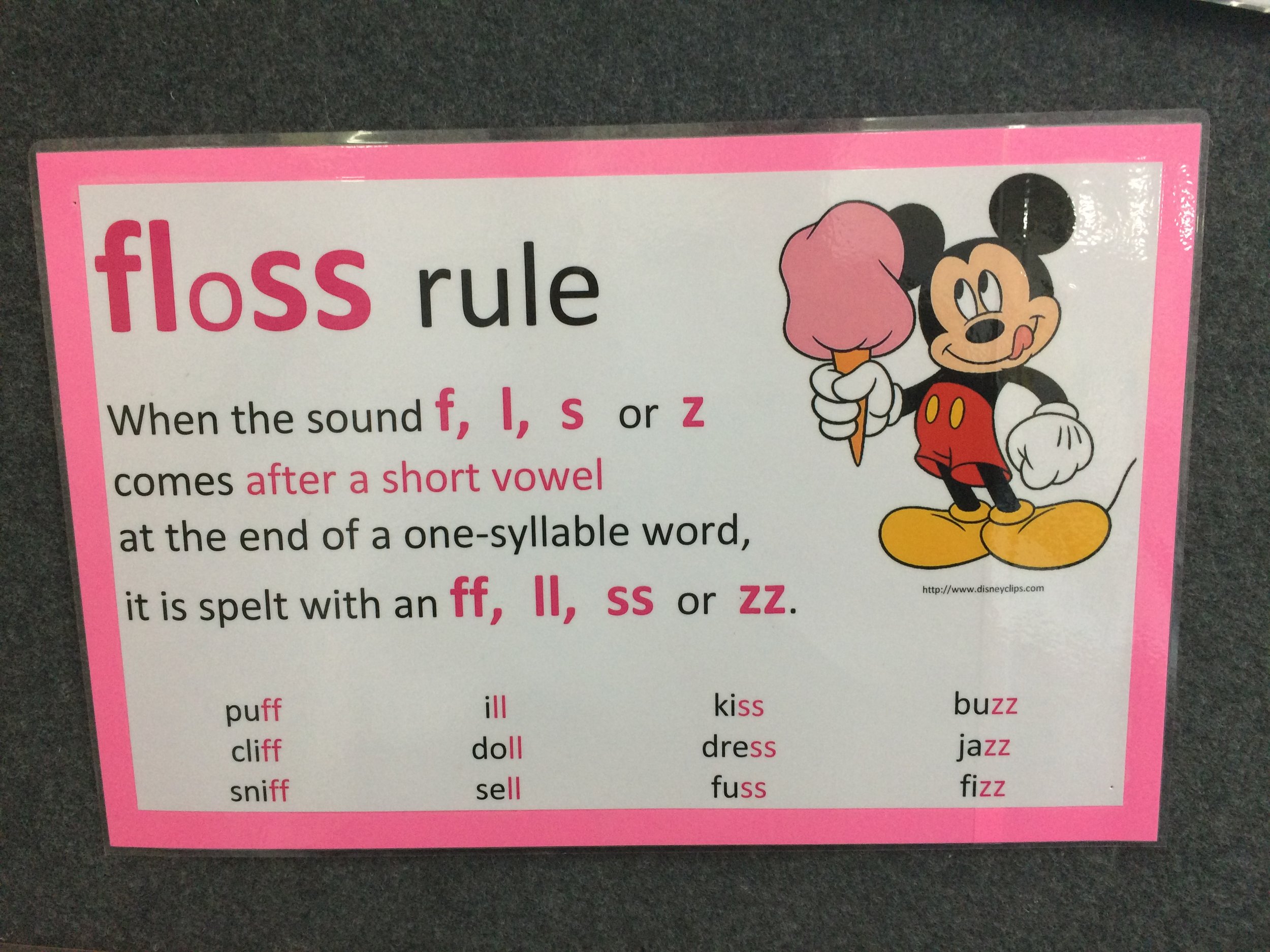
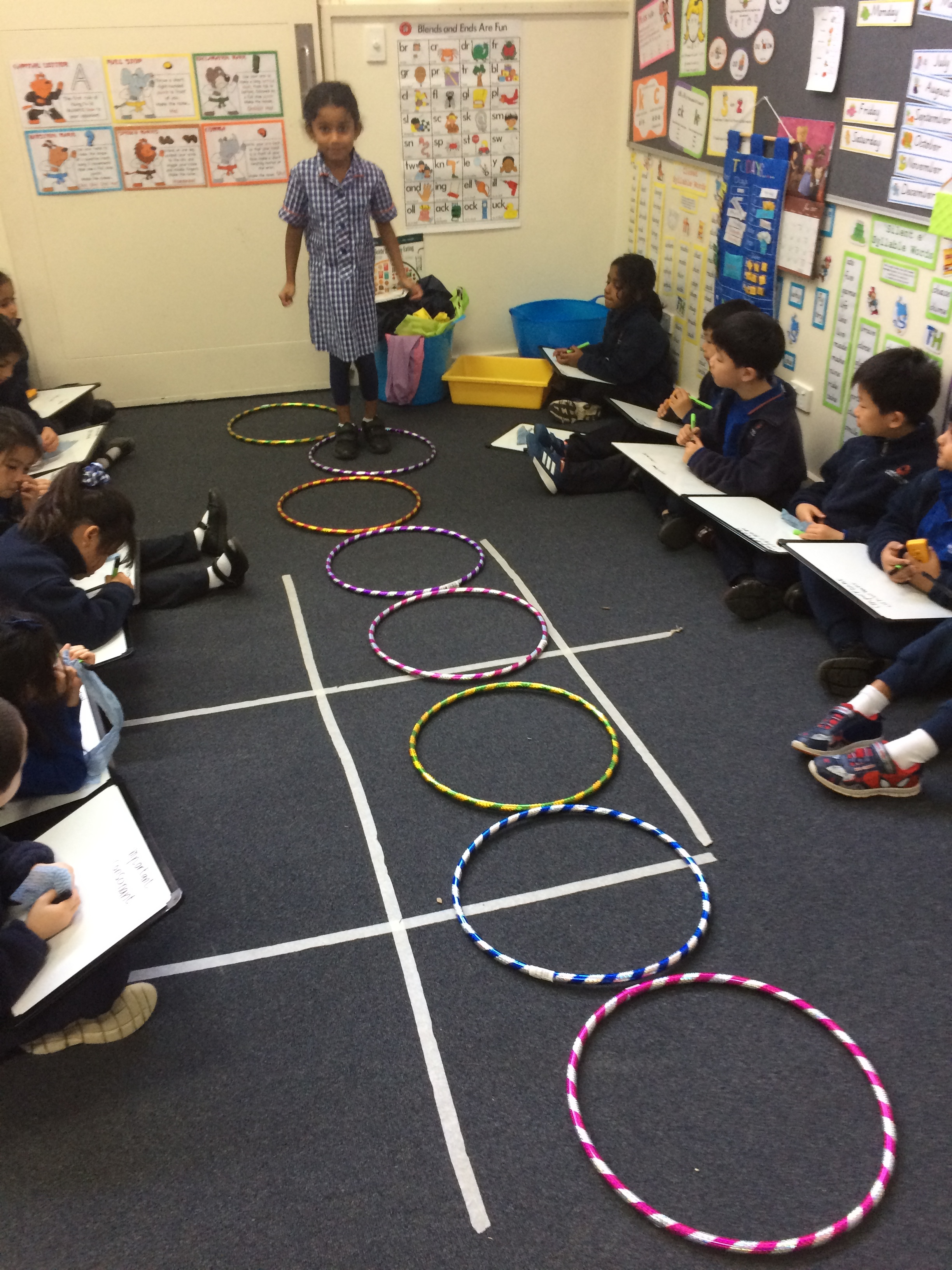


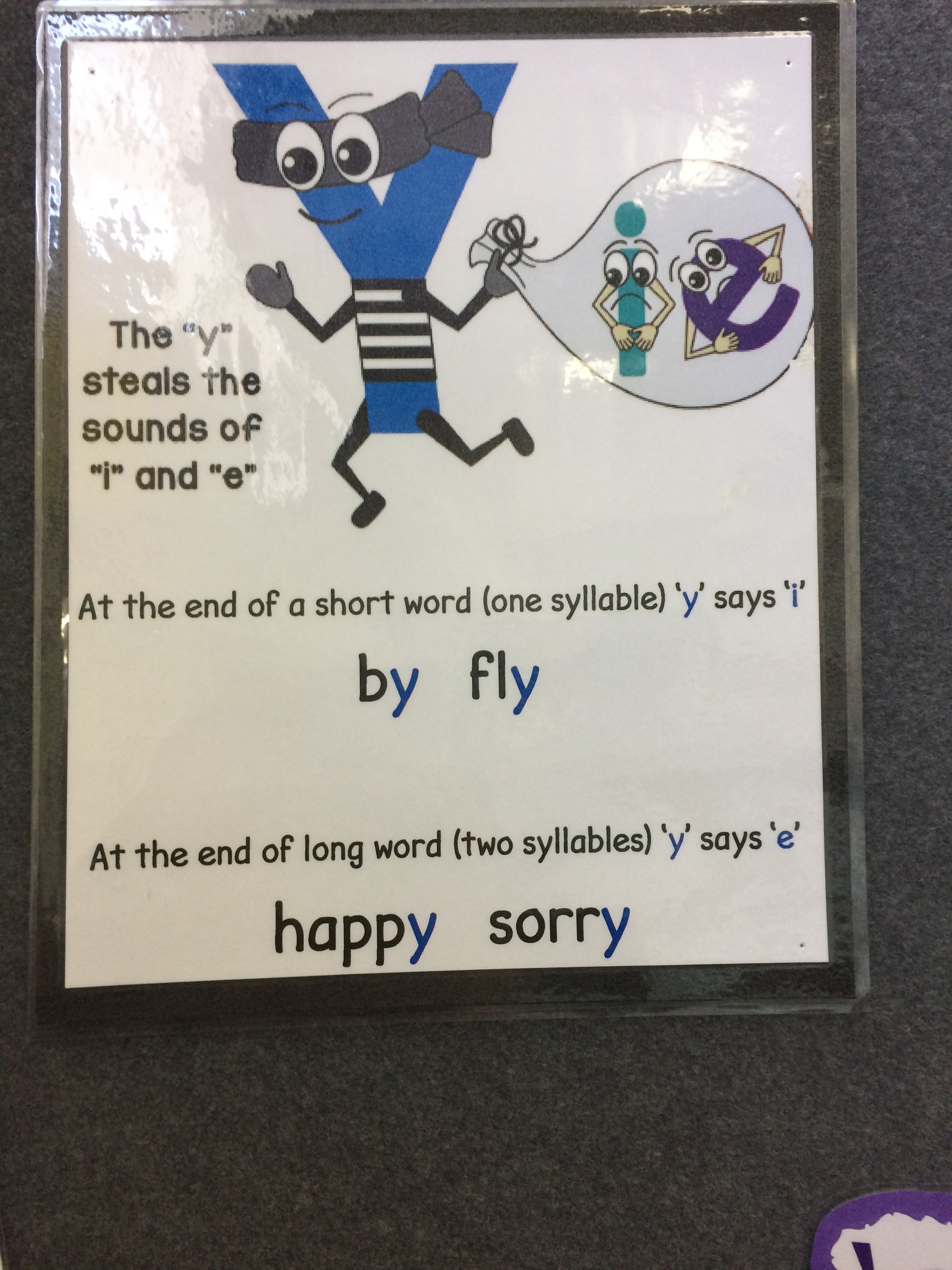
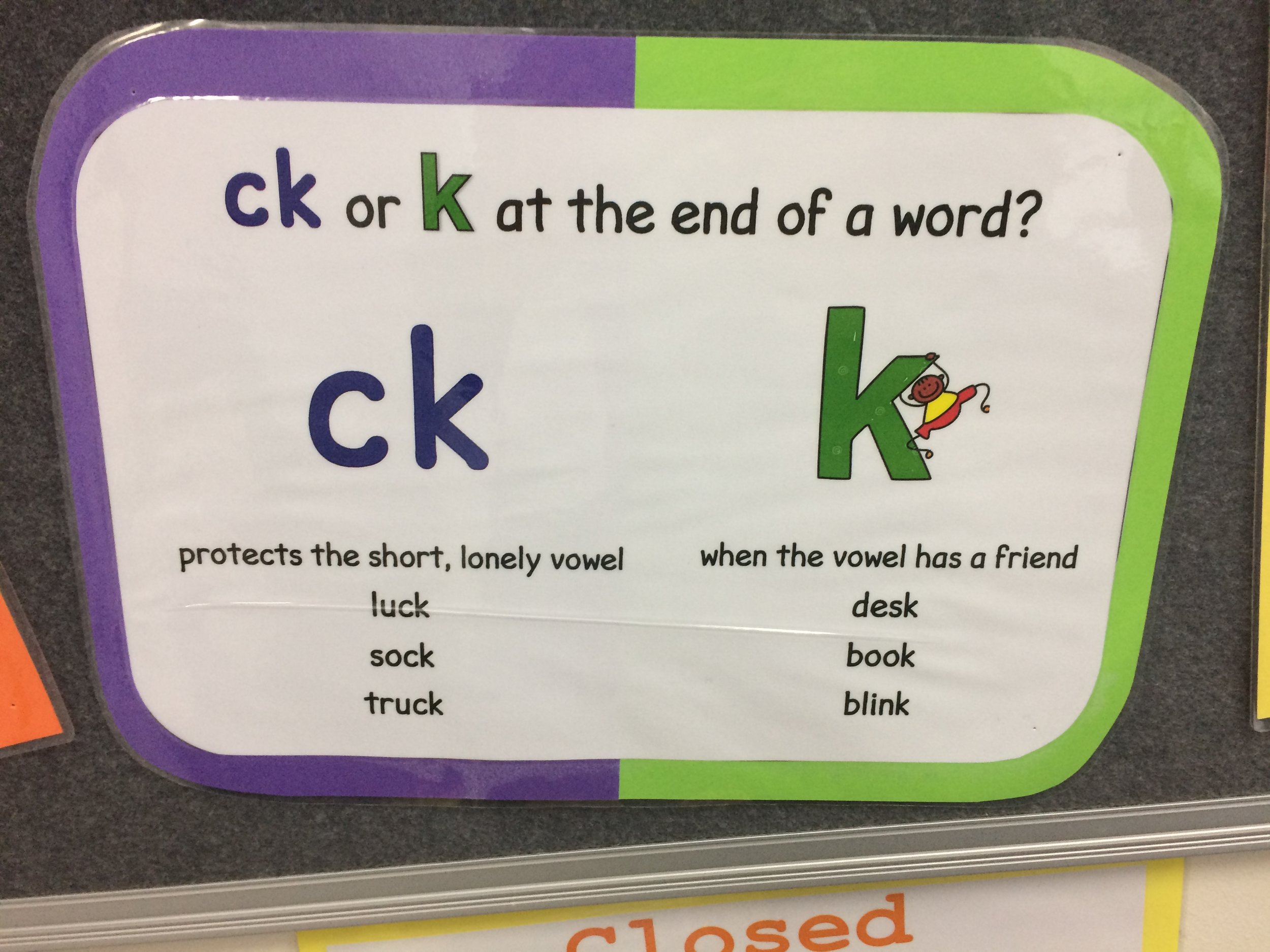

At Wheelers Hill Primary School, we are committed to providing all our students with best-practice literacy education. Our school-wide implementation of the Multisensory Structured Language (MSL) approach to teaching and learning literacy skills highlights this commitment.
Teachers in each year level are mentored and supported in the implementation of this approach by our MSL Learning Specialist, along with members of our MSL Professional Learning Team. Many of our teachers have also successfully completed courses with the Institute of Multisensory Learning Education (IMSLE).
What is MSL?
MSL is a scientifically researched, evidence-based approach that applies proven knowledge of how the brain works, how students learn and how students most effectively learn to read and write. It incorporates the 5 essential steps to reading and writing success: identifying letter sounds, sounding out words, fluency, accuracy and comprehension.
Our teachers provide students with clear explanations of the relationships between phonics, spelling rules and the meanings of word parts (morphology) whilst simultaneously using multiple senses (auditory, visual and kinaesthetic-tactile) to form stronger neural pathways in the brain. This helps to embed learning in long-term memory.
Instruction is structured, systematic and cumulative
Instruction is success-based. Concepts are taught in a specific order. Each new concept builds upon previously learned knowledge using a “bottom-up” (synthetic phonics) approach. Students begin by isolating, recognising and writing single sounds and their corresponding letters. As more sound-letter combinations are learnt, students can sound out (segment) and blend letters into words – vital skills for successful reading and writing.
For example, when teaching students about the letter ‘d’ and its sound, students repeat the sound whilst looking at the letter; they listen for the initial sound /d/ in words; they act out these words (digging, dancing, dog, duck) as they repeat the sound aloud; with teacher modelling, they practise letter formation in the air, in sand trays, with playdough and on paper whilst simultaneously saying the sound.
English isn’t as ‘crazy’ as you think!
90% of English words can be sounded out (decoded) because they follow spelling rules and patterns. These are called decodable or phonetic words. Only 10% of the English language is made up or irregular (memory) words - these are the non-phonetic words that do not obey the usual rules and need to be memorised.
At WHPS, we use decodable texts to support MSL instruction and enhance reading success. These decodable texts mostly contain words that incorporate the letter-sound relationships that students have been taught. They encourage students to apply their decoding skills instead of relying on pictures or guesswork. Decodable texts increase in complexity as the student learns more of the phonetic code.
We have also designed and implemented our own “Memory Word Program” to assist students in learning to read and spell irregular words.
MSL benefits ALL students
The MSL approach to teaching literacy skills has proven benefits for all students at WHPS. The MSL approach is used to teach spelling rules and morphology across all year levels. Synthetic phonics and spelling rules/patterns are the major focus in Prep – Year 2. Morphology (prefixes, suffixes, root words and word origins) is a major focus in Years 3 – 6.
We regularly receive fantastic feedback about MSL from both students and parents. Understanding why words are spelt the way they are and being able to confidently apply this knowledge to their reading, writing, spelling and comprehension empowers our students. It also motivates our students, teachers and parents to learn more about the English language and how it works.
Why trust us?
After completing extensive MSL studies with the IMSLE, many members of our teaching staff have been recognised as Associate Members of the Australian Dyslexia Association (AMADA).
In 2019, Wheelers Hill Primary School was the first school awarded Certificate of Excellence from the Australian Dyslexia Association (ADA)

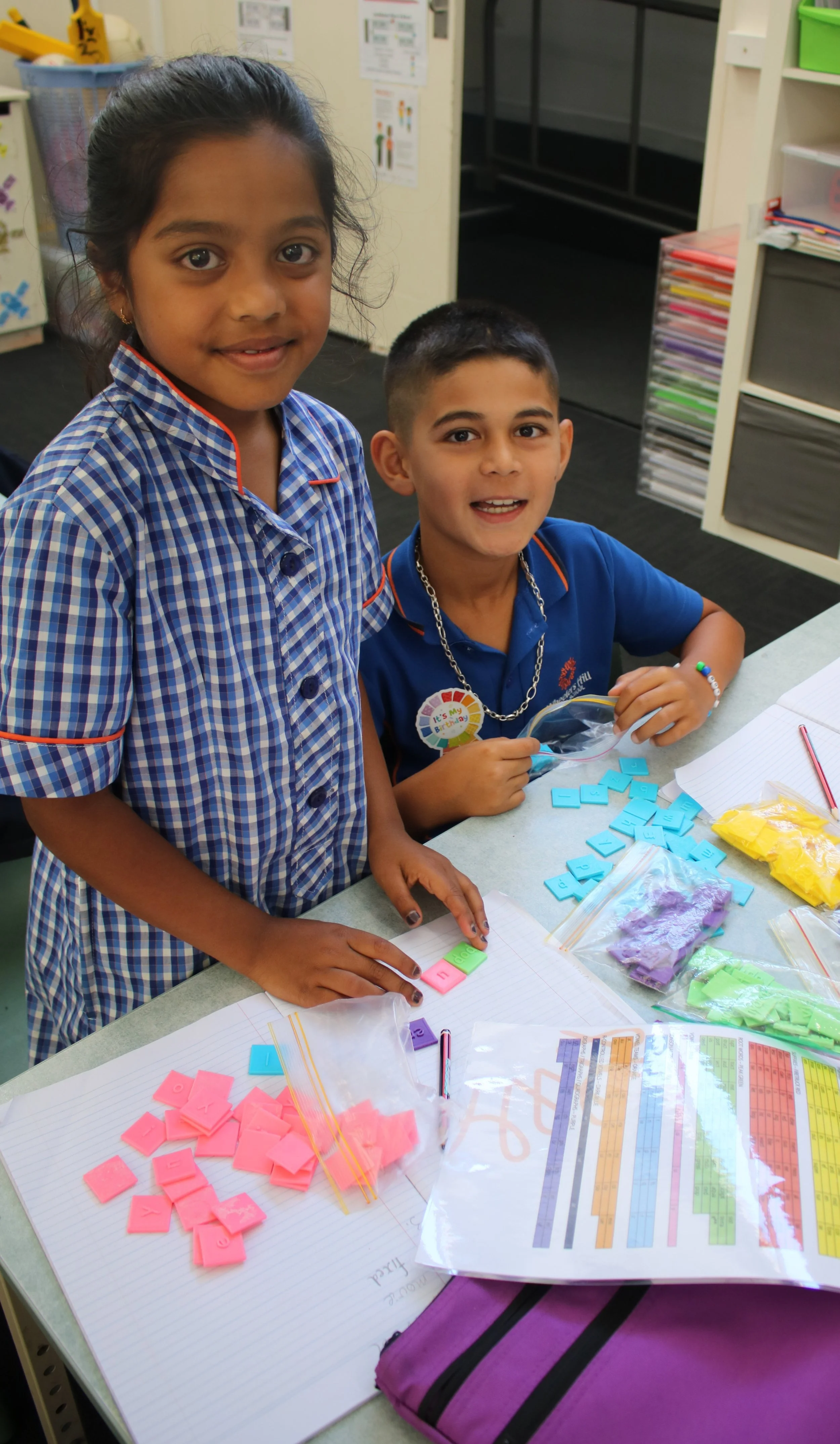


![organiser_logo_1_5_1_1_1[1].jpg](https://images.squarespace-cdn.com/content/v1/58acc3a559cc680d45f8c059/1493293523812-D7FLNXCRXS71FFA27M4L/organiser_logo_1_5_1_1_1%5B1%5D.jpg)
![educationstate[1].png](https://images.squarespace-cdn.com/content/v1/58acc3a559cc680d45f8c059/1493294103416-050J2Y7APNUPSGC4L071/educationstate%5B1%5D.png)

